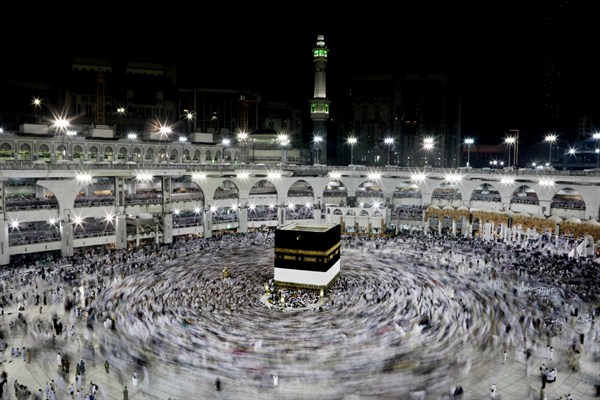Iran’s supreme leader, Ayatollah Ali Khamenei, is not exactly known for his subtlety. But even by Khamenei’s standards, his latest verbal onslaught against Iran’s principal rival state, Saudi Arabia, was little short of startling. It all but ensures that sectarian reconciliation in the Middle East will remain out of reach for the foreseeable future.
As Muslim pilgrims from around the world prepared for the annual Hajj, the pilgrimage to Mecca that begins on Sept. 11 this year, Khamenei unleashed a fury of invective against the Saudi rulers. He accused them, among other things, of murder, and exhorted “the world of Islam” to punish the Saudis by stripping them of the right to manage the Hajj and Islam’s two most important mosques, the ones in Mecca and Medina.
With that, Iran raised the stakes in an already violent and increasingly unstable confrontation, damping the prospects not only for reconciliation between the two countries, but also for resolving the multiple conflicts in which they back opposing sides. It was one more bit of troubling news for a region where good news has become vanishingly elusive.

